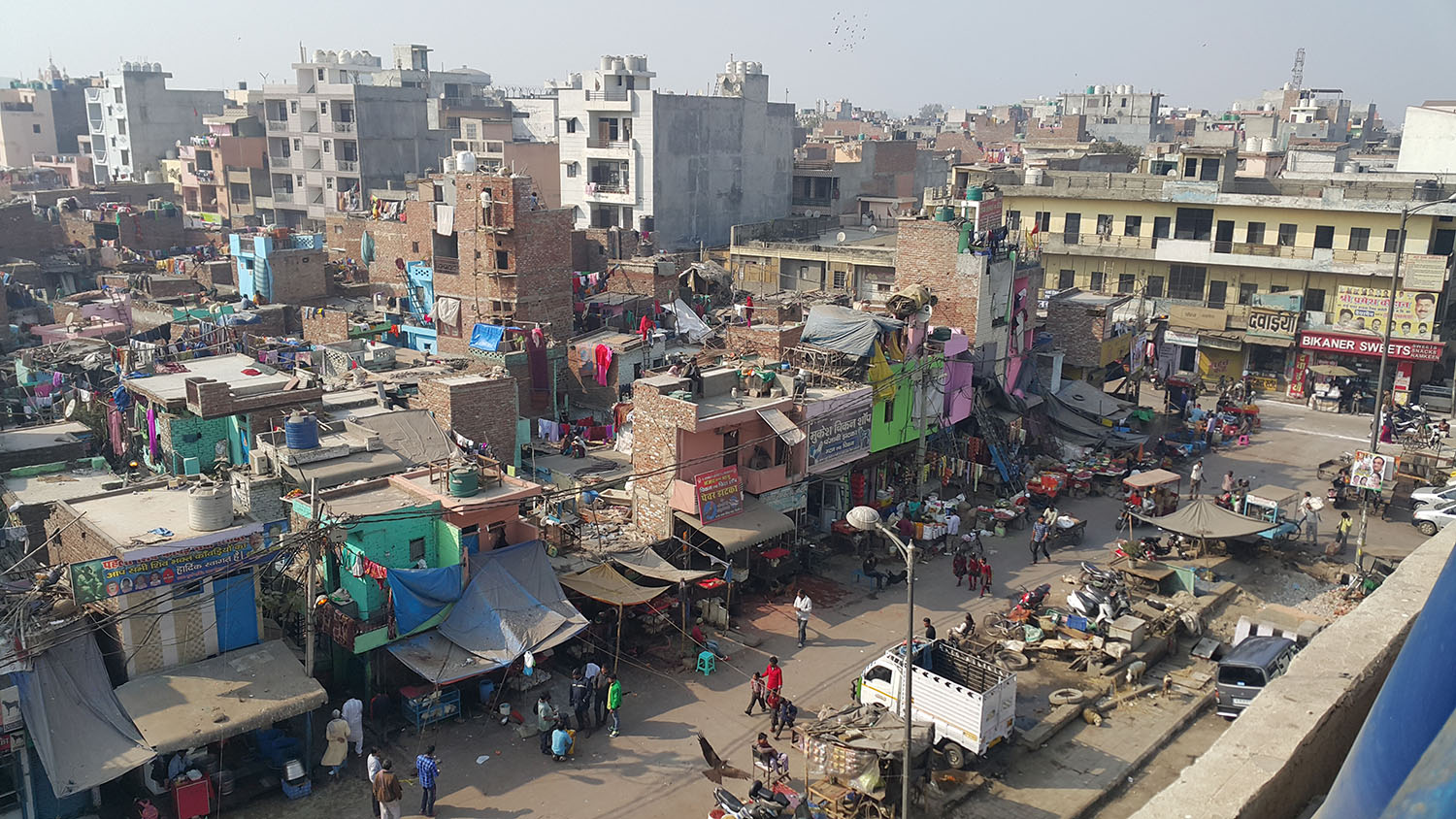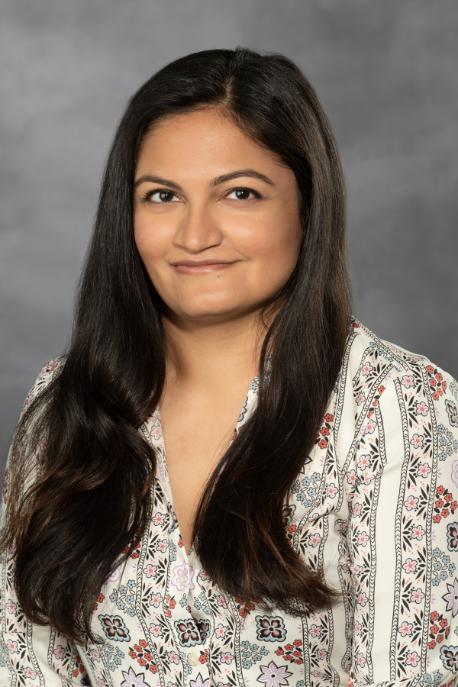News
Water systems research receives Wilder School Faculty Small Grant

by Pam Cox
Shruti Syal, assistant professor of urban and regional planning, is determined to find solutions to waste and water problems in Delhi, India. With the support of a Wilder School Faculty Small Grant, she will start creating a digital map to identify actors involved in infrastructure provision, their roles, and their relationships. It’s an effort to improve communication and collaboration regarding otherwise conflicting agendas or actions for water treatment, waste management, and infrastructure provision in the largely overlooked part of cities: "slums."
“The research funded by the Wilder School grant is the first step in reviewing over 600 documents that will help us start to map the roles and interactions between (at least) 53 actors involved in the Water, Sanitation & Hygiene, or WaSH, sector in Delhi. India is a priority country for the WaSH sector globally,” says Syal.
Water health for humans and the environment
Mismanaged sewage, drainage and waste cause sanitation and health issues for people living in these impoverished communities. It is also the cause of significant pollution to the geography of the land, including the nullahs, or stormwater drains, which lead into major rivers. In January 2022, 80% of the pollution in the Yamuna River was due to raw sewage drainage, according to the Delhi Pollution Control Committee (DPCC).
While most research focuses on either infrastructure or drain remediation, Syal’s interest focuses on aiding environmental planners and WaSH sector actors in finding joint solutions to these interwoven challenges. Her initial research recognized the complexities of Delhi’s infrastructure management across multiple agencies, including government and non-government actors. This often results in waste cycling from one space to another, rather than actual remediation.
“These settlements are uniquely over-regulated and underserved. While you have a fleet of regulatory agencies installing a community toilet here, a water tap there, a dustbin here, a drainage pipe there, their overlapping functional and spatial jurisdictions coupled with an utter lack of coordination, results in waste cycling from a toilet to a drain to the public space," Syal added.
This ambiguous institutional framework not only produces a lack of accountability but discourages those engaged in WaSH services or drain remediation from offering solutions for the "slum" residents who desperately need these interventions.
“Turns out, the agenda to improve the city's drainage and river system is interwoven with the ability to provide critical WaSH services for informal settlements nestled near these drains.” – Shruti Syal
Taking a system-mapping approach
Syal will create a digital map to identify decision-makers key to infrastructure services. To map accurate infrastructure ownership, she will conduct interviews and research government legislation, policies and laws, plans, and internal regulation documents to identify responsibilities. Her goal is to produce two publications and open-access websites to disseminate her research data to inform actors dedicated to remediation and infrastructure provision efforts.
“Turns out, the agenda to improve the city's drainage and river system is interwoven with the ability to provide critical WaSH services for informal settlements nestled near these drains,” said Syal. “This map will not only demonstrate that inextricability but help identify the relationships we need to leverage to achieve both goals. Only once these actors know how their actions relate to each other, can they make efforts to coordinate.”
The Wilder School awards two Faculty Small Grants of up to $10,000 annually for a project directly related to the scholarly trajectory of a faculty member. This year’s other recipients are Meghan Gough and Kathryn Howell for their research in urban renewal.
